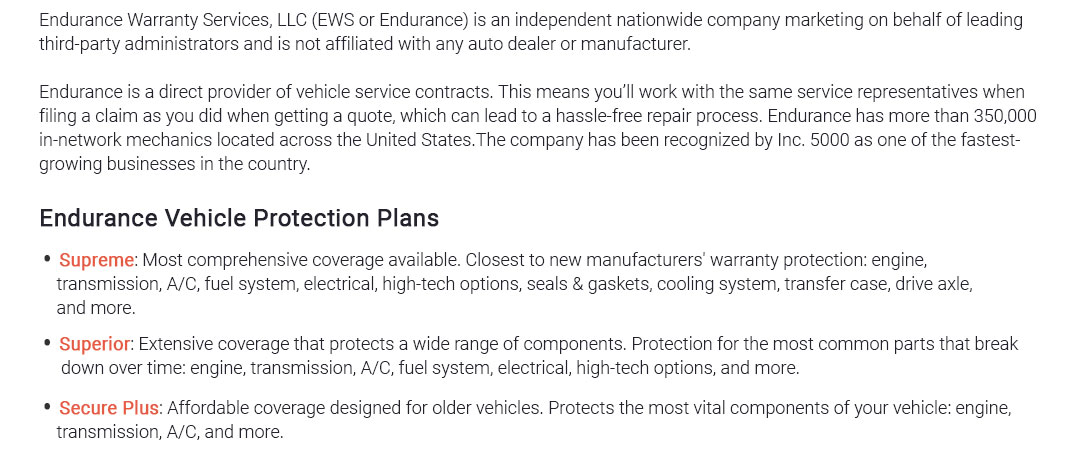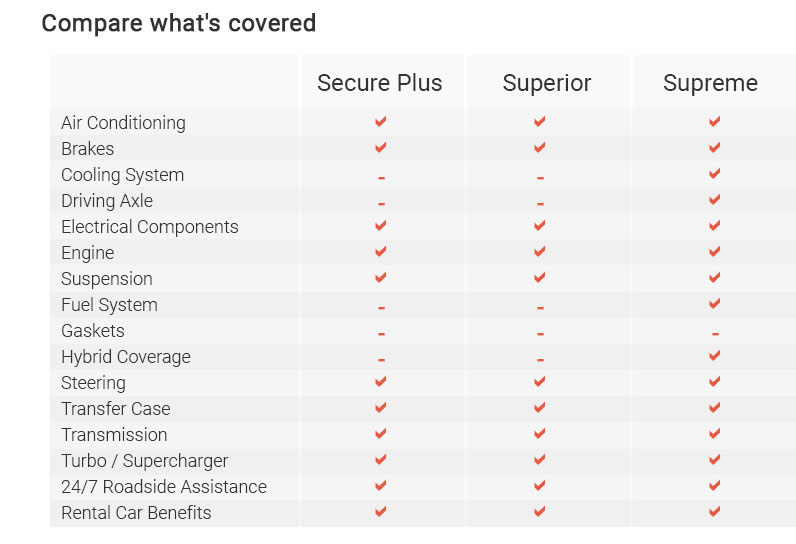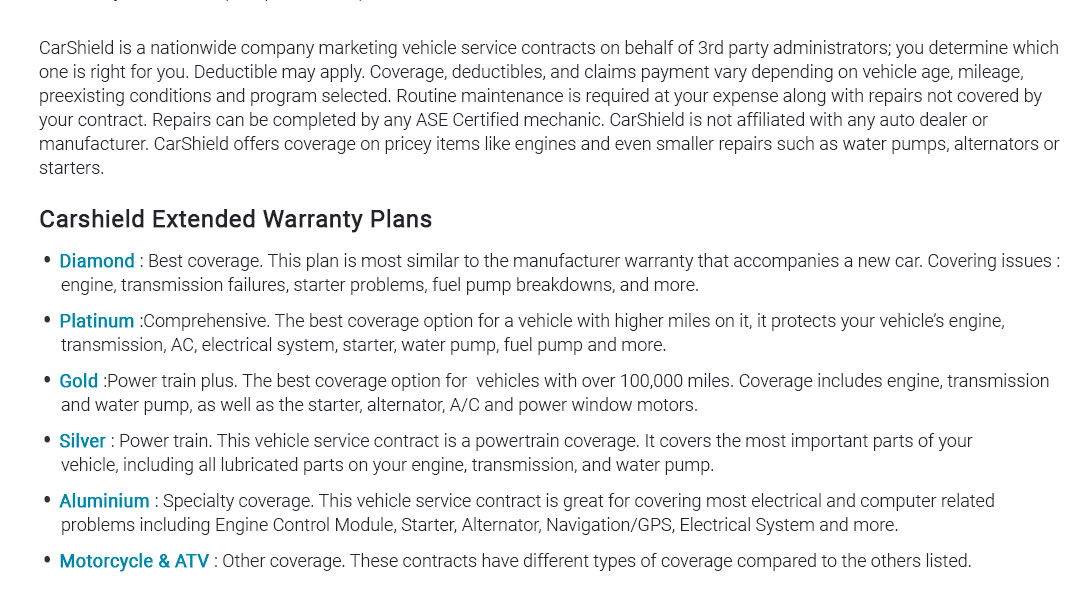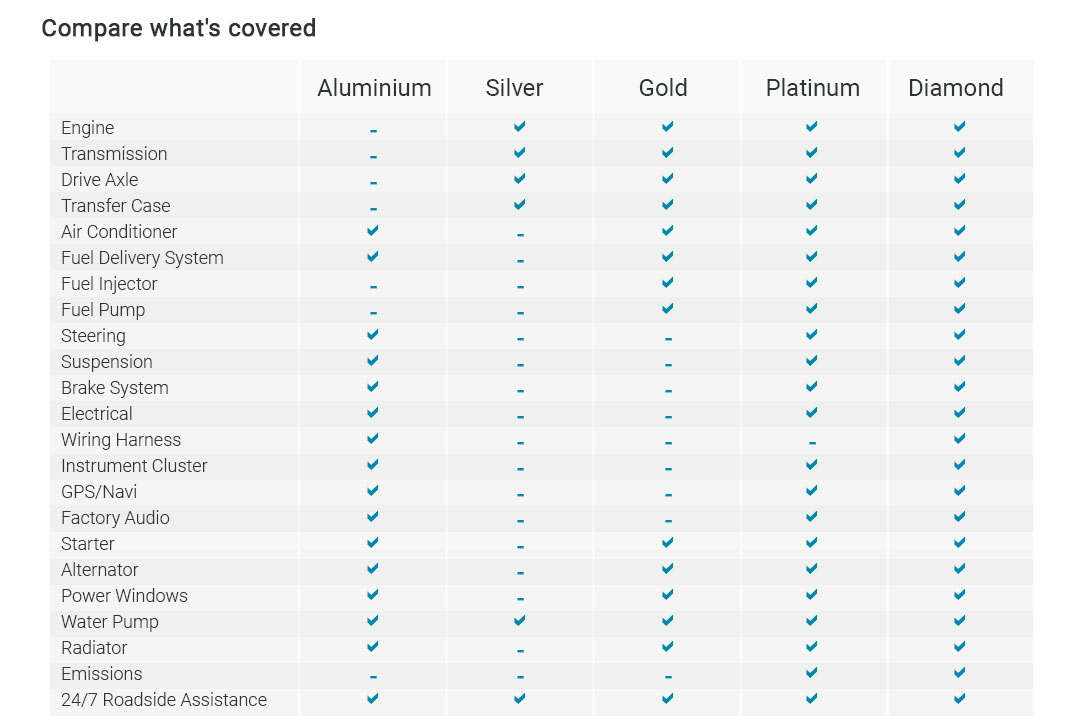car extended warranties: a first-time buyer's view
I bought a used hatchback and sifted through brochures with small print. My priority was predictable costs, not magic promises. I expected big repairs handled without drama, and minor annoyances to be mine. Friends said skip it; a mechanic shrugged. As a first-time user, I slowed down and compared what mattered.
What I learned fast
- Coverage tiers vary: powertrain, stated-component, and near "exclusionary." Read the list.
- Terms are years/miles and often start from the original in-service date.
- Deductibles can be per visit or per repair; the math changes.
- Extras - roadside, rental, trip interruption - have caps that actually matter.
My decision priorities
- Budget stability over chasing every perk.
- Repair network with direct-pay and shops near work and home.
- Claim rules I can meet: maintenance receipts, OEM-spec fluids, no dicey mods.
Where it helped, and where it didn't
On a rainy Thursday, my check engine light blinked mid-commute. Diagnosis: a failed actuator. The plan paid parts and labor after a $100 deductible. Rental reimbursement was capped at $40/day, so I carpooled. Approval took an hour - annoying, but no haggling.
Expectations to set
These plans don't cover wear items, glass, alignments, or pre-existing issues. Some diagnostic time isn't paid until a covered failure is confirmed. If you swap cars every three years, or your factory coverage is long, value narrows. Keep maintenance proof. With that, I feel calmer - expecting coverage, not miracles.



































